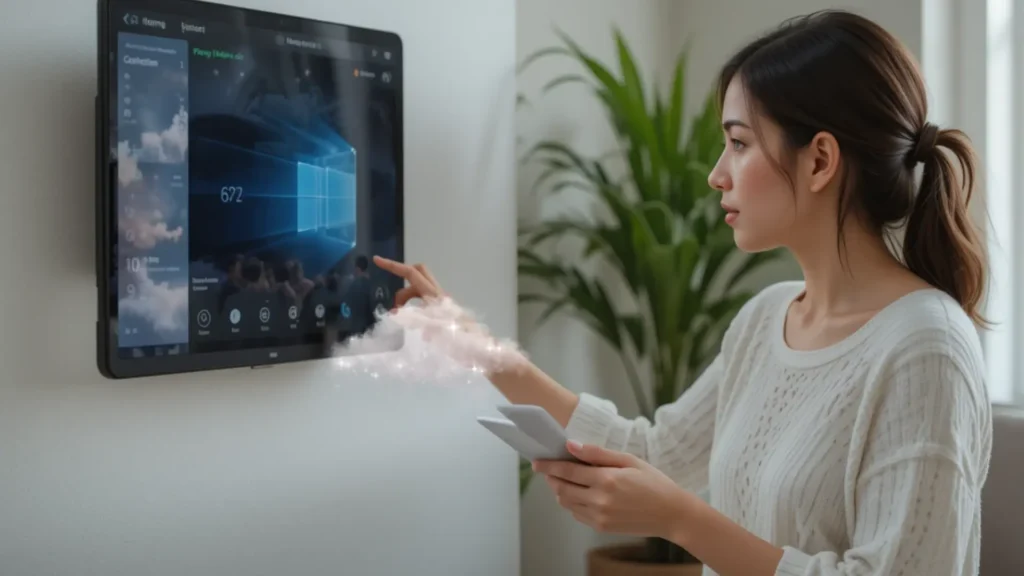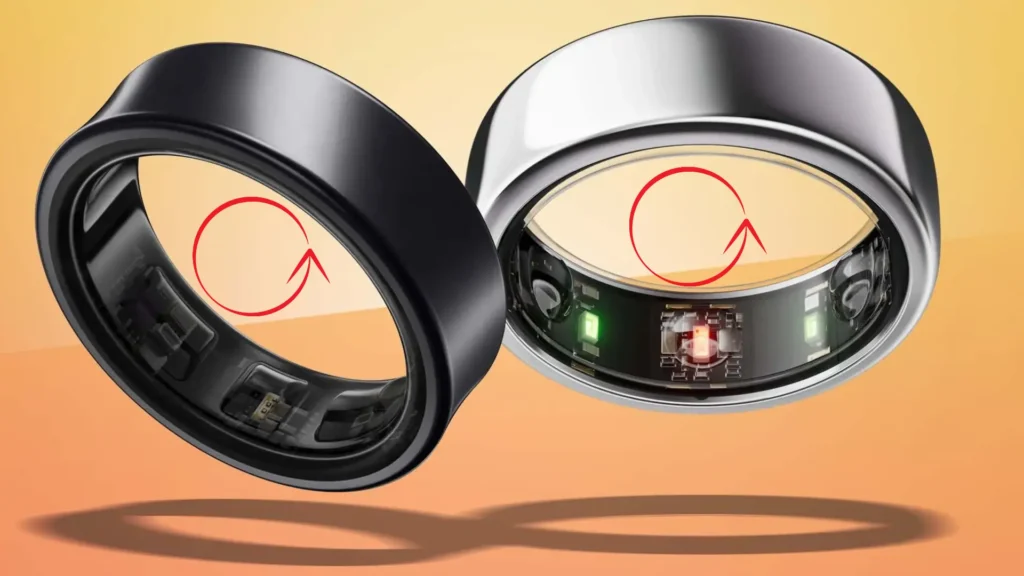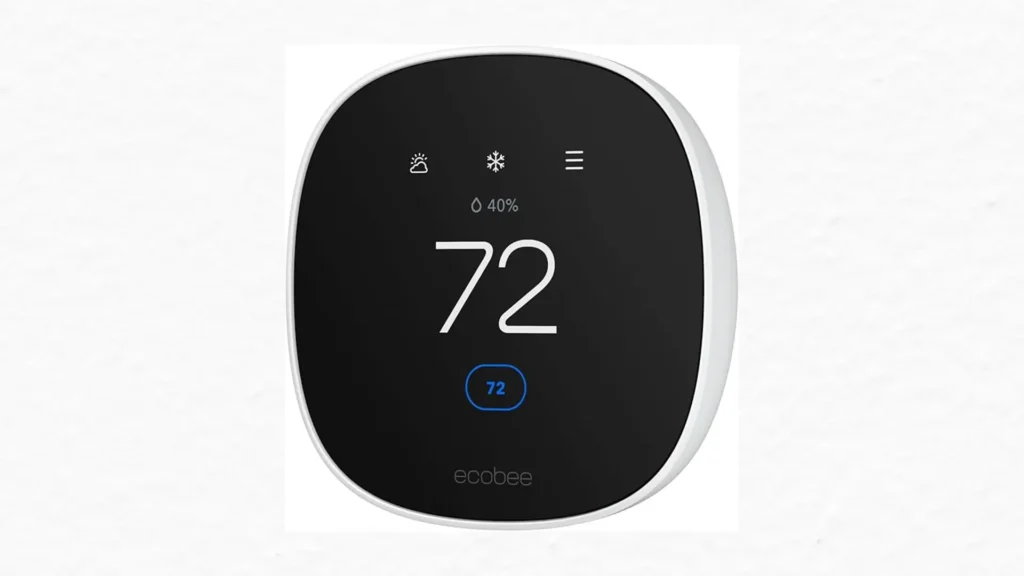You’ve got a smart assistant on your shelf. Maybe it’s Alexa, Google Assistant, or Siri. It lights up when you speak. But does it listen when you don’t?
Some people think it records everything. Others say it only listens when called. Let’s find out what’s real—and what’s not.
Smart assistants are inside millions of homes. They’re tied to your voice, your habits, and your personal life. They’re useful—but they also collect data. The question is: how much, and when?
This isn’t about fear. It’s about control. You deserve to know what’s really happening when you speak—or stay silent.
What Your Smart Assistant Does by Design
Smart assistants listen for a wake word. That’s a word you say to make them respond. “Hey Google” or “Alexa” are two examples. Until they hear that, they ignore everything else.
Or that’s the idea. In truth, the microphone is always on. That’s how it hears the wake word in the first place. But “on” doesn’t mean it’s recording.
Let’s Be Clear: Is It Recording All the Time? No. But here’s the catch—sometimes it thinks it hears the wake word when you didn’t say it. So it records without you knowing. That’s not constant recording, but it’s still a privacy risk.
These false triggers happen more than you think. And each one creates an audio file. That file is sent to the cloud and saved to your account.
When a command is triggered, the assistant saves your voice. It also saves a transcript. That data goes to a server owned by the assistant’s parent company.
Your recordings may include background sounds. That could be people talking, the TV, or private conversations. These recordings are stored in your account unless you delete them.
Myth: “They Only Keep Transcripts, Not My Voice.” That’s false. They keep both. The audio clips and the text versions are tied to your profile. They’re used to improve services—but they’re also stored as records.
These can stay in your account for years. Unless you go in and delete them, they’ll remain. That’s your voice, in their hands.
Can Employees Listen to Your Commands?
Yes—and it has happened. Tech companies use humans to “review” a small percentage of voice recordings. They say it helps train the assistant to understand better.
The audio is supposed to be anonymized. But some reviews have included private or sensitive conversations. The fact is: people, not just machines, may hear your voice.
Myth: “If I Turn Off the Mic, It’s Safe.”
Turning off the microphone does stop the assistant from hearing anything. That’s true. But many people never do it. Some don’t know how. Some forget.
Also, this only works on the device where the mic is turned off. If you have more than one device, you need to disable them all. Otherwise, one can still listen.
What About Smart Assistants on Phones?
Same rules apply. Google Assistant and Siri live inside your mobile device. Their microphones are always active. They wait for your trigger word too.
But phones collect more than just your voice. They collect location, search habits, and app data. This data can be tied to voice interactions as well.
Myth: “Private Mode Means Private”
“Private Mode” or “Guest Mode” on assistants just hides personalized features. It doesn’t stop data collection. It doesn’t block recordings from being saved.
These modes are about what the device shows, not what it stores. They don’t block your voice from reaching the cloud. It’s a weak layer of protection at best.
Each interaction with your smart assistant is stored as part of your “voice history.” You can view and delete these anytime. But most people don’t know this history exists.
It’s hidden in settings menus under layers of clicks. Until you dig through the dashboard, your recordings stay saved. Sometimes for years.
Myth: “They Delete It Automatically”
By default, smart assistants keep your data until you delete it. Some companies allow you to auto-delete after 3, 18, or 36 months—but you have to set that up manually.
Unless you pick that setting, your data stays forever. There’s no automatic wipe without your input. That’s not a myth—it’s a fact.
What Hackers Can Actually Do
If someone hacks your assistant, they could access:
- Your voice commands
- Saved audio
- Linked apps
- Connected smart devices
They may not get all this at once, but one weak link opens the door. The more devices you connect, the more exposed you become.
Myth: “My Wi-Fi Is Secure, So I’m Fine”
A secure Wi-Fi network helps, but it’s not enough. If your passwords are weak or reused, attackers can still get in. If your assistant hasn’t been updated, it can be exploited.
Hackers don’t need to break into your house. They just need your network or your account. Most breaches happen through bad settings, not elite skills.
What You Can Do to Protect Yourself? Here’s what I recommend:
- Turn off your microphone when not in use.
- Set auto-delete on your voice history.
- Use two-factor authentication for your assistant app.
- Don’t connect more devices than needed.
- Check privacy settings every month.
These small steps make a big difference. Most users never change the defaults. That’s where the risk grows.
Myth: “The Device Is Dumb Without Voice Data”
That’s a half-truth. Voice data helps the assistant work better. But it doesn’t need to keep it forever. You can still get basic functions with minimal data stored.
Deleting your history won’t break your device. It’ll still respond to commands. It just won’t remember your old ones.
Pattern interrupt: try this right now. Open your assistant settings. Go to your voice history. See what’s been saved. You might be surprised.
Play back a few recordings. Listen to what it kept. Then ask yourself: did I know that was recorded?
Tech companies say they keep voice data to improve services. That sounds useful. But it means your voice becomes part of their machine learning.
This data isn’t used once and thrown away. It’s reused to train AI. Once uploaded, it becomes part of something bigger than your account.
Myth: “Incidents Are Rare”
Smart assistants have been caught recording private moments. There have been reports of assistants sending recordings to contacts without permission. Others have sent data to the wrong user by mistake.
These aren’t daily events, but they’re not rare either. Each one proves that mistakes happen—and they affect real people.
Why Companies Want Your Voice
Voice data reveals more than commands. It shows emotion, tone, and behavior. Companies use this to train AI and tailor ads.
It’s not just about helping you turn off the lights. It’s about building a voice-based profile. One that can
That’s wrong. You can take control of your smart assistant. You can manage what it hears, stores, and sends.
You just need to change the defaults. Most people don’t—but you can. The tools are there.
Smart assistants are powerful tools. But power always comes with trade-offs. You’re trading privacy for convenience—unless you take steps to reduce that trade.
The facts are clear: they listen more than you think. But the myths can make you trust them too much. And that’s where danger begins.
You don’t have to fear smart assistants. You just need to understand them. Learn what they store, who sees it, and how long they keep it.
Then make a choice. Set limits. Check your history. Control your data. Because your voice is yours—and no device should keep it without your permission.




